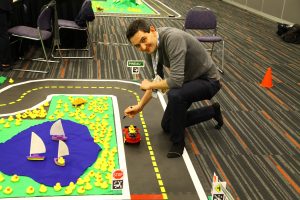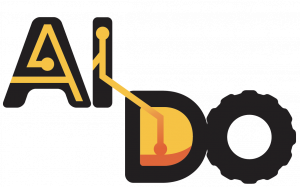We are in the final countdown to AI-DO 2 at ICRA!
Now is the time to let us know if you will be using the validation and testing facilities at the Duckietown competition ground. Please register below!

[ninja_form id=27]

We are in the final countdown to AI-DO 2 at ICRA!
Now is the time to let us know if you will be using the validation and testing facilities at the Duckietown competition ground. Please register below!

[ninja_form id=27]

[pdfviewer width=”600px” height=”849px” beta=”false”]https://www.duckietown.com/wp-content/uploads/2019/04/AIDO2-Press-release-EN.pdf[/pdfviewer]


We’re just about at the end of the road for the 2018 AI Driving Olympics.
There’s certainly been some action on the leaderboard these last few days and it’s going down to the wire. Don’t miss your chance to see you name up there and win the amazing prizes donated by nuTonomy and Amazon AWS!
Submissions will close at 11:59pm PST on Thursday Dec. 6.
Please join us at NeurIPS for the live competition 3:30-5:00pm EST in room 511!

Submissions to the AI Driving Olympics are officially open for the Lane Following task evaluated in simulation.
To make a submission, follow the instructions in the AIDO-book.
For example, a good place to start is the Quick Start Guide.
For discussion please check out the AIDO forums.
